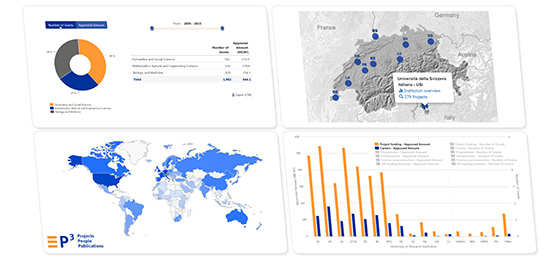Swiss National Science Foundation Joins OpenAPC
The dataset provided by the SNSF contains publication fees for 302 articles. Total expenditure amounts to 514'522 EUR and the average fee is 1'704 EUR.
Send us a link
The dataset provided by the SNSF contains publication fees for 302 articles. Total expenditure amounts to 514'522 EUR and the average fee is 1'704 EUR.
Switzerland appears to have three key factors for success in getting a surprisingly high proportion of its researchers’ articles cited in the scientific literature: it’s a small country, it’s research investment is large compared to other countries, and importantly, its hosting of the Large Hadron Collider is a drawcard for collaborative research.
Strategy for gender balance and equal opportunities for women and men at the ETH Domain.
Full membership is restored, but the Swiss are still counting the cost of being outside the EU research fold.
All publications produced in SNSF-funded projects freely available in digital format as of 2020.

With the revision to the Copyright Act, the Federal Council wants to strengthen the rights and interests of creative artists and the cultural industries by taking a resolute approach to pirated online content.
The Marcel Benoist Prize – the “Swiss Nobel Prize” for science – is to get a new look ahead of its centenary.
The city of Lausanne was chosen to host the 11th World Conference of Science Journalists.
Some of the colleagues of a professor couple facing bullying allegations at the ETH Zurich have written an open letter of support.
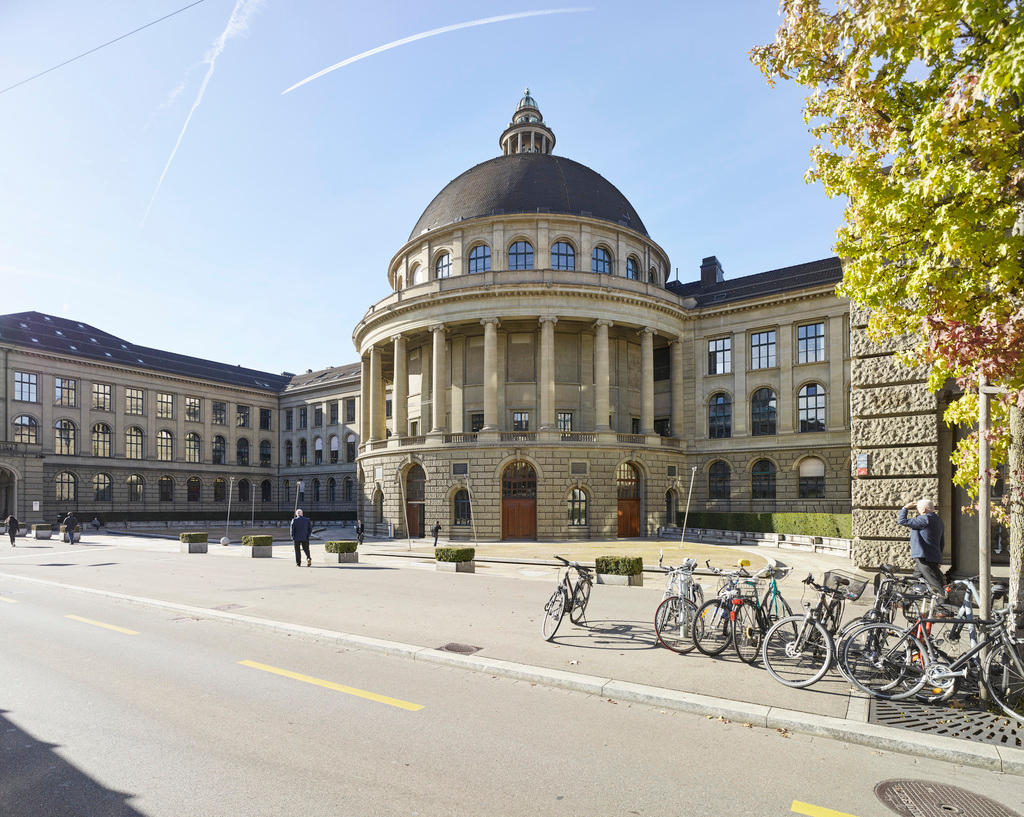
ETH Zurich in Switzerland launched an investigation into allegations that a leading professor mistreated graduate students for more than a decade.

Switzerland's unique geography and economy put it at the centre of the world when it comes to scientific collaboration.
ADC Therapeutics, a Swiss start-up that specialises in cutting-edge cancer drugs, has raised almost CHF200 million ($200 million) in private funds.

With the aim of maintaining the competitiveness of Swiss research, the SNSF is launching a new career funding scheme at assistant professor level.
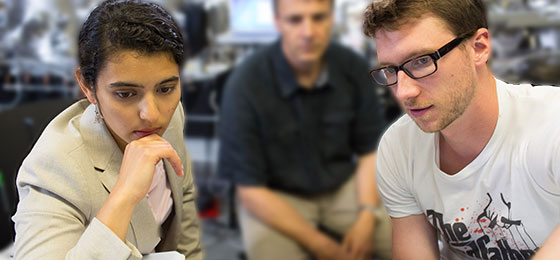
Mountains, lakes, chocolate, fondue and banks? Right? Only partly.
More than half of those doing a doctorate in Switzerland come from abroad, according to the latest OECD education indicators.

Mapping research funding in Switzerland
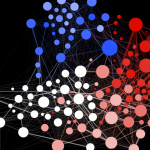
Experts debate whether technology is useful for curbing climate change.

It’s another blow to an industry that has been hammered in the U.S. and Europe, leaving a huge opportunity for China to emerge as a global leader in nuclear technology.
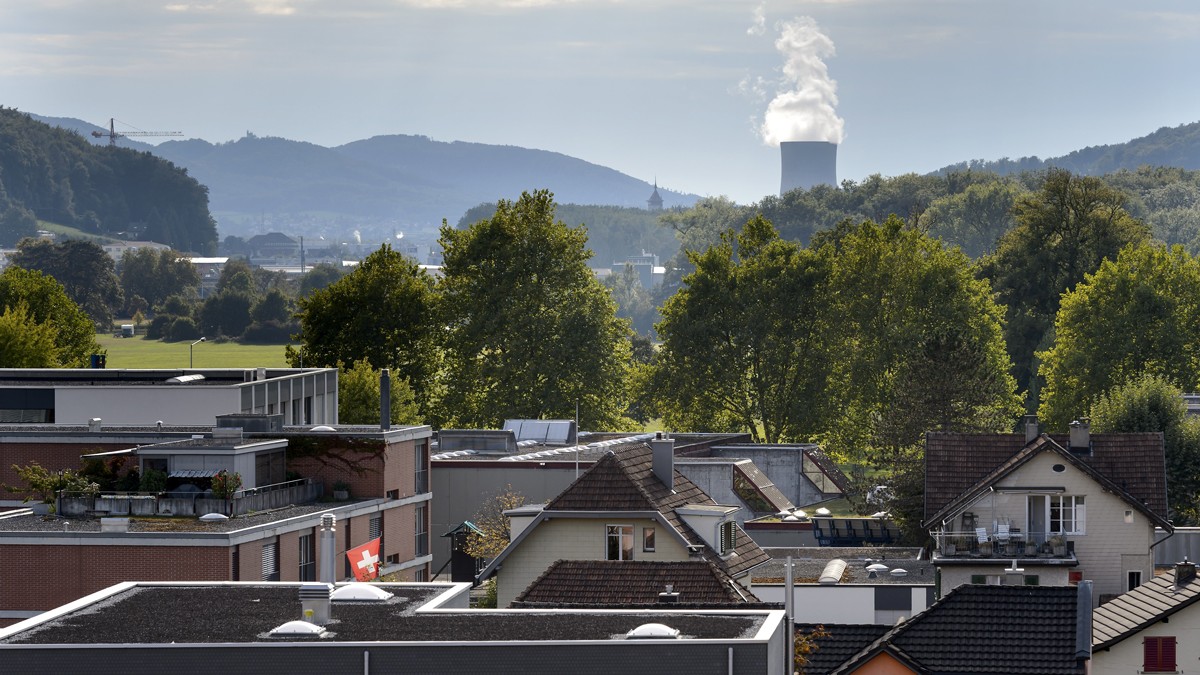
On April 22nd, 2017, the March For Science, Geneva, will be one of hundreds of marches taking place around the world to affirm that science is crucial to society — and belongs to everyone.
Toward the Unrestricted Publication of Research Output
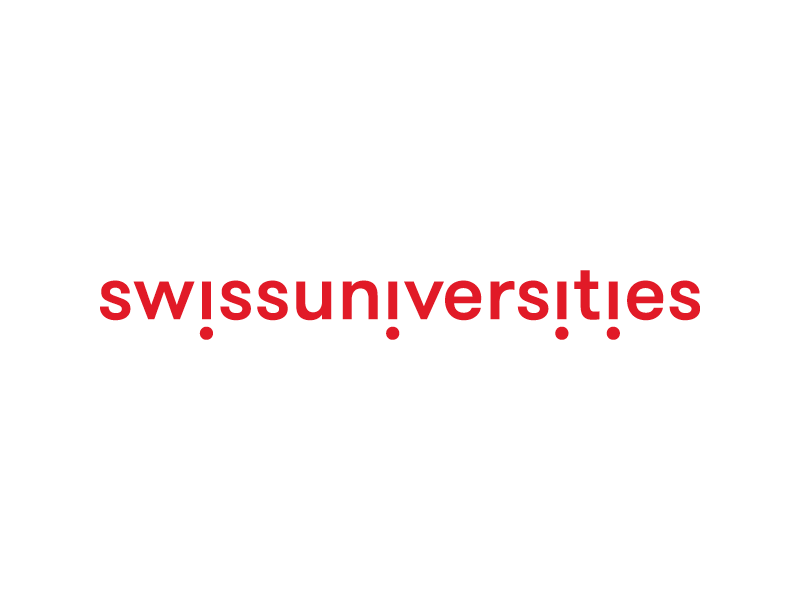
Political compromise settles immigration row that could have severed Swiss–EU research agreements.
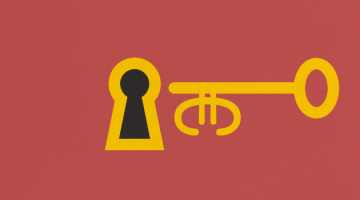
The Swiss parliament approved a law to limit immigration by giving its residents priority access to employment vacancies, in an effort to shore up ties with the EU.

Matthias Egger, internationally renowned epidemiologist and public health expert, will be the new president of the National Research Council of the SNSF as of 2017.

The Nature Index tracks the affiliations of high-quality scientific articles. Updated monthly, the Nature Index presents research outputs by institution and country. Use the Nature Index to interrogate publication patterns and to benchmark research performance.
Swiss-EU talks reveal determination of EU to make no concessions to UK over Brexit terms.

What could a Brexit mean for the United Kingdom’s higher education, research and student mobility? Switzerland offers some clues. ...

For 16th century zoologists, it was like Google's arrival. Rather than punch a keyboard, they could thumb over Conrad Gessner’s sensational work.

The Open Access 2020 international initiative aims to pursue the large-scale implementation of open access. The SNSF supports this endeavour.

It is now easier to obtain a clear and transparent overview of the thousands of scientific research projects funded by the SNSF. Its P3 database has been redesigned to display information interactively.
